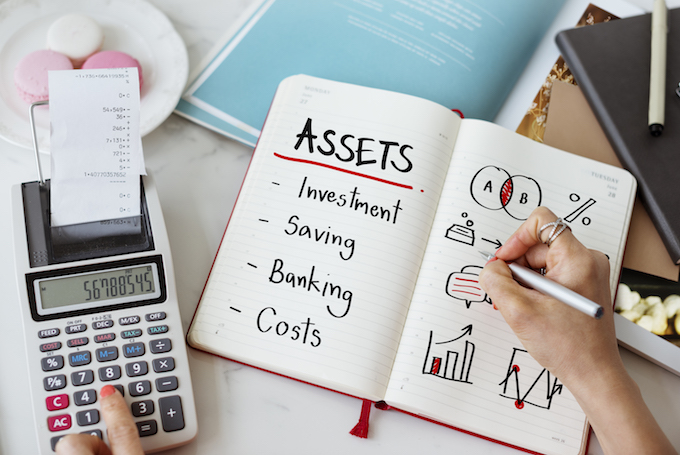
Assets vs. Liabilities
Assets vs. Liabilities.
This may be one of the most important lessons that we cover. It’s simple. Deceptively simple, actually. But don’t let that deceive you.
Who knows? You may just look at the world differently at the end of this.
Let’s get into it. An asset versus a liability. What’s the difference, and why does it matter?
An asset is anything that puts money in your pocket.
An asset could be:
- A mutual fund that pays you dividends
- A rental property that provides monthly income
- Your house that appreciates in value
All of these factors put money in your pocket, and this is what makes these assets. Think of an asset as your employee. They are working on your behalf, day and night. Their job description is simple – make you money. That’s it.
Assets have value because they make money. Some assets are physical, like an apartment building or a stock (even though a stock is not physical, it represents ownership in a real company, which is physical).
Assets can also be intangible, such as human capital. What’s human capital? It’s the education, skills, experience, degrees, designations, and talent you have. For example, if you had a Ph.D., a law degree, or a CPA designation, could those things make you money? You bet! Education and skills are assets. They can help you make more money.
Okay, so an asset is something, anything really, that puts money in your pocket.
Liabilities take money out of your pocket.
A liability could be:
- A credit card
- Car lease
- Vacation rental
- Tardiness on a payment
All of these suck money from you month after month.
Assets pay you. You pay liabilities. Simple stuff, but powerful.
What would happen if you just purchased liabilities? You might have a lot of stuff, but none of the stuff would make you any money, and it would all cost you money to keep.
What would happen if you just bought assets? You’d grow an army of investments that would be dedicated to making you money and growing your net worth.
What’s the lesson here?
Buy assets and avoid liabilities, of course! That would be ideal! But beyond that, start looking at everything as an asset or a liability. Before you buy anything, make a mental note. Is this going to put money in my pocket, or will this take money from my pocket? Get into the habit of having this quick conversation with yourself each time you’re about to buy something. Who knows, maybe it won’t change how you buy, but then again, it just might.
The proceeding blog post is an excerpt from Get Money Smart: Simple Lessons to Kickstart Your Financial Confidence & Grow Your Wealth, available now on Amazon.


